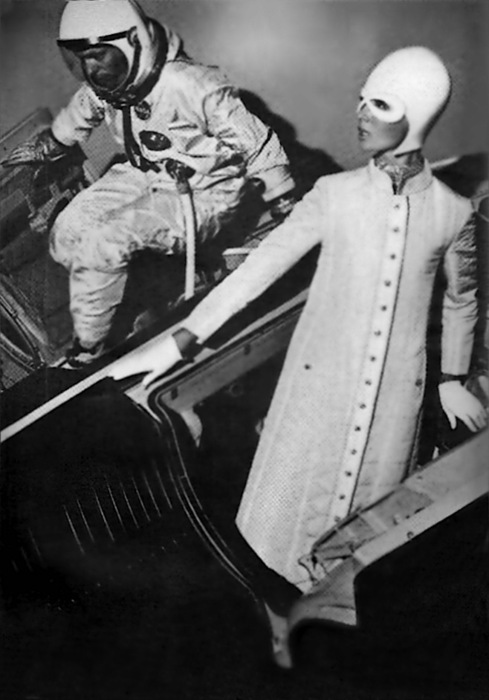America should have announced in January 1970, in the wake of our successful moon voyage, that we were visiting Mars in 1986, when that planet and ours were going to be in relatively close orbit. Just imagine how much further our science would have progressed if we had stayed on course. But failure of vision isn’t the only reason why our Space Age fantasies haven’t come to fruition. The opening of David Graeber’s Baffler essay, “Of Flying Cars and the Declining Rate of Profit“:
“A secret question hovers over us, a sense of disappointment, a broken promise we were given as children about what our adult world was supposed to be like. I am referring not to the standard false promises that children are always given (about how the world is fair, or how those who work hard shall be rewarded), but to a particular generational promise—given to those who were children in the fifties, sixties, seventies, or eighties—one that was never quite articulated as a promise but rather as a set of assumptions about what our adult world would be like. And since it was never quite promised, now that it has failed to come true, we’re left confused: indignant, but at the same time, embarrassed at our own indignation, ashamed we were ever so silly to believe our elders to begin with.
Where, in short, are the flying cars? Where are the force fields, tractor beams, teleportation pods, antigravity sleds, tricorders, immortality drugs, colonies on Mars, and all the other technological wonders any child growing up in the mid-to-late twentieth century assumed would exist by now? Even those inventions that seemed ready to emerge—like cloning or cryogenics—ended up betraying their lofty promises. What happened to them?
We are well informed of the wonders of computers, as if this is some sort of unanticipated compensation, but, in fact, we haven’t moved even computing to the point of progress that people in the fifties expected we’d have reached by now.”
Tags: David Graeber

